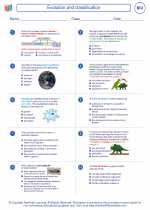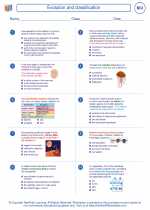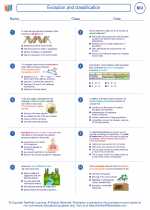Zinc
Zinc is a chemical element with the symbol Zn and atomic number 30. It is a bluish-white metal that is essential for the growth and development of all living organisms. Zinc is involved in various biological processes and is an important component of many enzymes and proteins.
Functions of Zinc in the Body
Zinc plays a crucial role in many physiological processes, including:
- Enzyme Function: Zinc is a cofactor for over 300 enzymes involved in various biochemical reactions in the body.
- Immune Function: Zinc is essential for the normal development and function of immune cells, and it plays a role in the body's defense against infections.
- Wound Healing: Zinc is necessary for proper wound healing and tissue repair.
- Growth and Development: Zinc is important for normal growth, development, and reproduction.
- Sensory Functions: Zinc is involved in the proper functioning of taste and smell receptors.
Sources of Zinc
Zinc is found in a variety of foods, including:
- Meat
- Shellfish
- Legumes (such as chickpeas, lentils, and beans)
- Nuts and seeds
- Dairy products
- Whole grains
It is also available as a dietary supplement.
Deficiency and Toxicity
A deficiency in zinc can lead to impaired growth and development, delayed wound healing, and increased susceptibility to infections. On the other hand, excessive intake of zinc can lead to toxicity, which can cause symptoms such as nausea, vomiting, and impaired immune function.
Study Guide
To study the topic of zinc, it is important to familiarize yourself with the following key points:
- Understand the functions of zinc in the body, including its role as a cofactor for enzymes, its involvement in immune function, wound healing, and sensory functions.
- Learn about the dietary sources of zinc and the recommended daily intake for different age groups.
- Understand the consequences of zinc deficiency and toxicity, including the symptoms associated with each condition.
- Be able to explain the importance of zinc in growth, development, and reproduction.
- Study the role of zinc in the context of specific biological processes and pathways, such as the immune response and cell signaling.
Additionally, it can be helpful to explore the role of zinc in specific health conditions, such as zinc deficiency-related disorders and the potential therapeutic uses of zinc supplementation.
By mastering these key points, you will have a comprehensive understanding of the importance of zinc in biology and human health.
.◂Biology Worksheets and Study Guides High School. Evolution and classification

 Worksheet/Answer key
Worksheet/Answer key
 Worksheet/Answer key
Worksheet/Answer key
